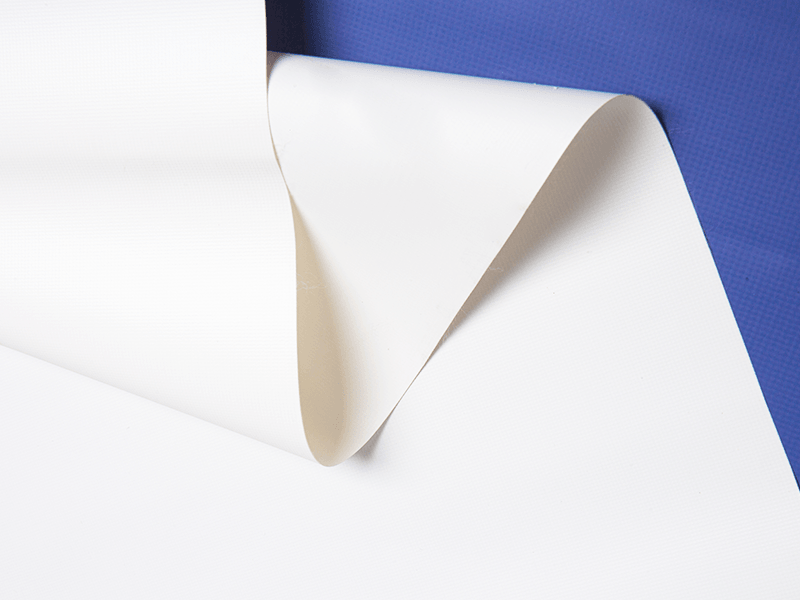PVC tensile membranes are increasingly favored in architectural and construction applications due to their impressive performance in weather resistance and UV protection.
PVC tensile membranes are inherently water-resistant, which makes them effective in preventing water ingress. This property is essential for outdoor structures, as it protects the underlying framework and maintains the integrity of the space beneath the membrane. The smooth surface of PVC allows water to bead off, reducing the risk of pooling or sagging.
PVC membranes can perform well across a wide temperature range. They are designed to endure both high and low temperatures without significant deformation or degradation. This adaptability ensures that the membranes maintain their structural integrity in various climatic conditions, from hot summers to cold winters.
When properly tensioned and supported, PVC tensile membranes demonstrate excellent resistance to wind loads. The design of these structures allows wind to pass through without causing significant stress or damage, making them suitable for use in windy locations. The lightweight nature of the material also contributes to its ability to withstand high winds, reducing the overall load on support structures.

UV Stabilization: PVC membranes often incorporate UV stabilizers during manufacturing. These additives enhance the membrane's resistance to the damaging effects of ultraviolet (UV) radiation, which can cause materials to fade, become brittle, or degrade over time. As a result, PVC membranes maintain their aesthetic appeal and functionality longer than untreated materials.
The UV resistance of PVC tensile membranes helps in preserving the vibrancy of colors. This is particularly important for architectural applications where aesthetics play a crucial role. The ability to resist fading ensures that the structures remain visually appealing over extended periods.
Due to their UV-resistant properties, PVC membranes typically have longer lifespans compared to other materials that are susceptible to UV degradation. This longevity not only reduces replacement costs but also minimizes waste, aligning with sustainable building practices.
While PVC tensile membranes are highly resistant to weather and UV effects, regular maintenance is still essential to ensure optimal performance. Cleaning the surface to remove dirt, algae, or other contaminants can further enhance its lifespan and appearance.
The weather and UV resistance of PVC also contribute to the sustainability of structures. By minimizing the need for replacements and repairs, these membranes can reduce resource consumption over time.
PVC tensile membranes offer outstanding weather resistance and UV protection, making them ideal for various applications, from commercial buildings to outdoor structures. Their ability to withstand water, temperature fluctuations, and wind, combined with their UV stabilization, ensures that they maintain both functionality and aesthetics over time. As a result, PVC tensile membranes are a reliable choice for architects and builders seeking durable and visually appealing solutions.


 English
English русский
русский Français
Français Español
Español




















